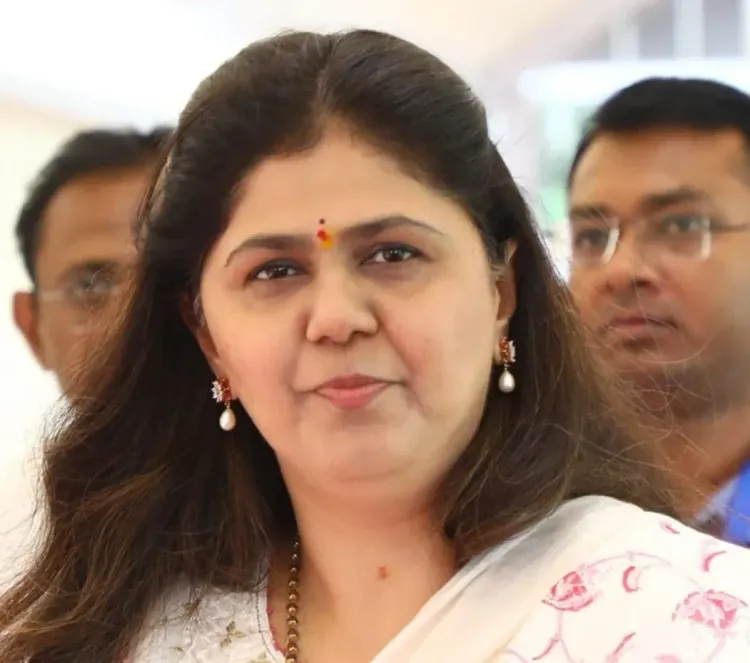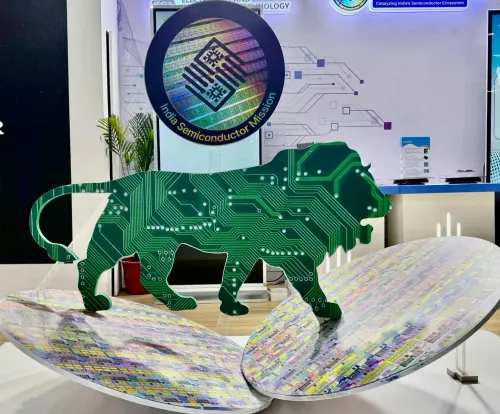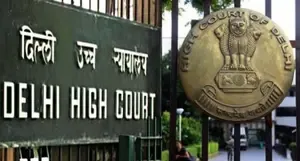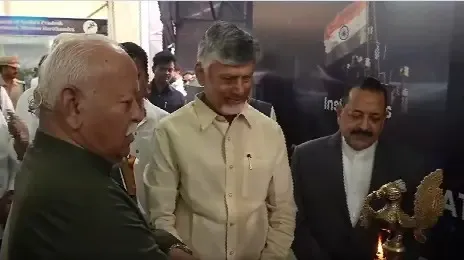Will the Maha govt successfully implement a river rejuvenation programme?

Synopsis
Key Takeaways
- Maharashtra's government is preparing a river rejuvenation plan.
- 56 polluted rivers have been identified for action.
- Only 50% of sewage is currently treated before discharge.
- A monitoring committee will oversee pollution control measures.
- Health coverage of Rs 5 lakh is available for families under state schemes.
Mumbai, July 9 (NationPress) Maharashtra's Environment Minister Pankaja Munde announced on Wednesday in the Legislative Council that the state government is set to devise an action plan for the river rejuvenation programme. She pointed out that local authorities have been slow to establish necessary sewage projects.
Furthermore, she revealed that meetings will be convened by department to classify the 56 polluted rivers across the state.
In response to inquiries from Ranjitsinh Mohite-Patil and other council members regarding the state's initiatives to combat water pollution, she highlighted that out of 6033 rivers in Maharashtra, 311 are currently polluted.
“The Central government's National Water Quality Measurement System indicates that 603 rivers nationwide are consistently monitored. The 2022 report identified 56 rivers in Maharashtra as part of polluted river belts. Alarmingly, only 50% of sewage from local bodies is treated before being discharged into the rivers. Meetings will be held to evaluate the status of polluted river belts and sewage treatment initiatives. A monitoring committee has been established to mitigate water pollution and recommend solutions,” stated Minister Munde.
She also emphasized that industrial sewage needs proper processing rather than being dumped into rivers and canals, and assured collaboration with the industries department to address this issue.
Projects aimed at rejuvenating the Nag, Mula, Mutha, and Chandrabhaga rivers are already underway. However, some local self-governments have failed to set up necessary sewage treatment facilities, prompting the formation of a monitoring committee to oversee these projects. Notices will be issued to parties responsible for pollution if the sewage treatment projects remain incomplete.
Meanwhile, Minister Ashish Shelar assured the Legislative Council that measures will be taken to ensure that the medical reimbursement scheme for government employees is processed online and transparently. He also mentioned that the government would evaluate the cashless scheme currently implemented in Haryana and other states.
In response to a query from MLA Satyajit Tambe about the government's medical scheme, he stated that the Public Health Department offers health coverage of Rs 5 lakh per family annually under the joint Mahatma Jyotiba Phule Jan Arogya Yojana and Ayushman Bharat Pradhan Mantri Jan Arogya Yojana. This scheme is cashless.
“Families holding white cards, which include government and semi-government employees, as well as families without any ration card, qualify for this scheme. Medical treatment is covered in 2184 approved hospitals. Since 2020-21, Rs 6,958.2 crores have been allocated to this scheme across 37,62,601 cases,” the Minister detailed.
Minister Shelar highlighted that from 2017 to 2022, the government allocated funds of Rs 238.13 crore, Rs 248.32 crore, Rs 213.86 crore, Rs 226.47 crore, and Rs 346.13 crore for reimbursements, respectively. He reassured that efforts would be made to enhance the transparency of this system.










